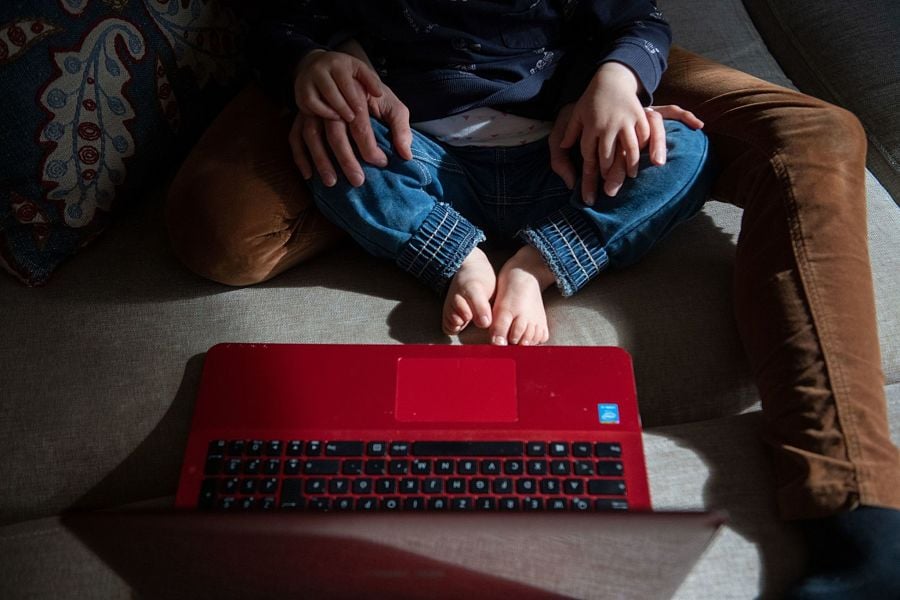

Since the stock market serves as an indicator of investor sentiment about the future, its recent gyrations underscore the worries surrounding the possible impact of the Covid-19 omicron variant. One thing is certain: Given the experience with the first wave, lockdowns and closures could be reimposed to contain the variant’s spread. Even if government officials decide not to take such economy-crippling measures, large numbers of people simply may choose to continue working remotely. Those who have returned to offices may go back to working from home.
So quickly has remote work been embraced and become part of our way of life that regardless of what happens on the Covid front, it seems to be here to stay. As a knowledge-based service, the financial advice business is well-positioned for remote work and has adapted well to the new workplace reality. But the long-term implications of an advice industry in which much of the workforce is remote are only starting to be felt. Practically every aspect of the business is likely to be affected.
As Robert Cruz of communications compliance firm Smarsh recently noted, the collaboration tools that have become the backbone of remote work — Zoom, Skype, Asana, Slack and others — pose a new world of compliance challenges for broker-dealers and registered investment advisers. To prevent the possibility of advice-related activities wholly escaping supervision, Cruz calls for shedding the archival approach to compliance and moving to managing data strategically.
That, of course, segues into the need for even greater attention to cybersecurity. Aside from cybercriminals and the army of security experts the industry employs to combat them, who even knows how many opportunities there are for security breaches when employees and affiliated personnel work remotely? With clients’ financial wealth and the very existence of firms at stake, cybersecurity in an era of permanent remote work becomes critically important.
Equally critical to the future of the business are people. And when more and more employees and affiliated personnel are working remotely, firms will have to explore new ways to train and motivate people, as well as inculcate that elusive, but all-important quality known as firm culture.
As remote work has spread, a growing body of evidence suggests that while current workers can be equally or more productive from home — even if they miss the camaraderie of the office — new hires, particularly younger new hires, tend to feel adrift and detached. A recent opinion piece in the New York Times, “Remote Work is Failing Young Employees,” says young, newly hired workers now often feel like strangers in their own company, even if they’ve been there for a while. It noted how asking a colleague a minor question in an office setting, where such interactions are routine, somehow becomes more formal if done online, which can make the new person reluctant to appear foolish. As a result, new employees often don’t gather the many small bits of knowledge that can make them more productive, provide a context for their work and foster belonging.
Since remote work is here to stay, efforts to address the many long-term challenges it poses to the advice business are only just beginning.

Relationships are key to our business but advisors are often slow to engage in specific activities designed to foster them.

Whichever path you go down, act now while you're still in control.

Pro-bitcoin professionals, however, say the cryptocurrency has ushered in change.

“LPL has evolved significantly over the last decade and still wants to scale up,” says one industry executive.

Survey findings from the Nationwide Retirement Institute offers pearls of planning wisdom from 60- to 65-year-olds, as well as insights into concerns.
Streamline your outreach with Aidentified's AI-driven solutions
This season’s market volatility: Positioning for rate relief, income growth and the AI rebound
